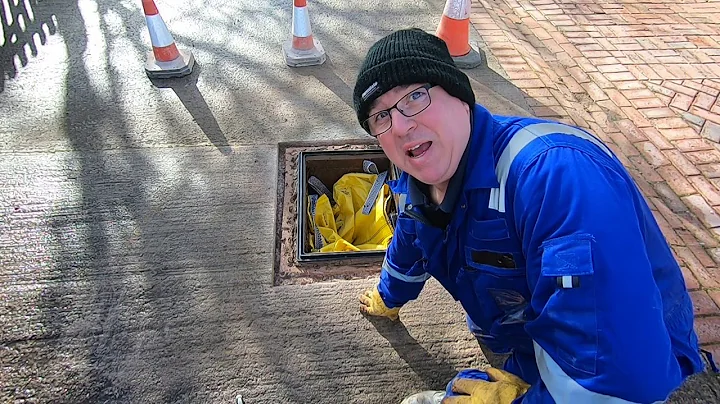Efficiently Seal Cracks in Your Wood Stove: DIY Guide
Table of Contents
- Introduction
- Identifying the Cracks on the Wood Stove
- Tools and Materials Needed
- Preparing the Area for Patching
- Cleaning the Cracks
- Applying the Furnace Cement
- Smoothing Out the Cement
- Cleaning Up the Excess Cement
- Allowing the Cement to Dry
- Testing the Seal
- Final Thoughts
👉 Identifying the Cracks on the Wood Stove
Having cracks in your wood stove can reduce its efficiency and even pose a safety hazard. In this article, we will guide you through the process of sealing the cracks on your wood stove to ensure better performance and prevent any damage. By following these simple steps, you can easily patch up the cracks and make your stove more efficient.
Tools and Materials Needed
Before you begin the process, gather the following tools and materials:
- Wire brush
- Furnace cement
- Caulk gun
- Towels and paper towels
- Water
- Sewing needle (optional)
- Eye protection (optional)
Preparing the Area for Patching
Make sure the wood stove is completely cool before you start working on it. Remove any debris or loose ash from the stove to create a clean surface for patching. Additionally, place some paper bags or a protective covering over the hearth to catch any cement drips.
Cleaning the Cracks
Using a clean cloth or paper towel, wipe down the cracks on the wood stove. Pay special attention to any loose debris or crumbly sections. If necessary, use a sewing needle to pick out any loose material from the cracks, ensuring a clean surface for the cement to adhere to.
Applying the Furnace Cement
Using the caulk gun, apply a long bead of furnace cement along the cracks. Make sure to press the cement into the cracks to ensure a secure seal. If the cracks are narrow, you may need to cut the tip of the cement tube to produce a smaller bead for more precise application.
Smoothing Out the Cement
After applying the cement, use a clean finger or a small tool to smooth out the surface of the cement. This will help to create an even and visually appealing finish.
Cleaning Up the Excess Cement
While the cement is still wet, clean up any excess cement from the outside of the cracks using a damp paper towel. Be careful not to disturb the cement within the cracks. Once you have cleaned the outside, use a dry paper towel to remove any moisture.
Allowing the Cement to Dry
To ensure proper curing, allow the cement to dry completely before using the wood stove. Follow the instructions on the cement tube for specific drying times. It is recommended to start with a small fire and gradually increase the intensity to let the cement harden and form a tight seal.
Testing the Seal
Once the cement has fully dried, light a small fire in the wood stove and let it burn for approximately an hour. This will help to further cure the cement and ensure a solid seal. After this initial burn, you can start using the stove as usual.
Final Thoughts
Sealing the cracks on your wood stove is an essential maintenance task that can significantly improve its performance and safety. By following the steps outlined in this article, you can effectively patch the cracks and enjoy a more efficient wood stove experience.







